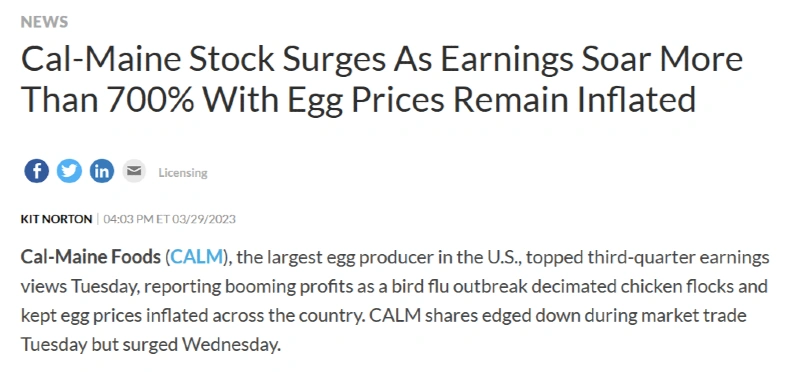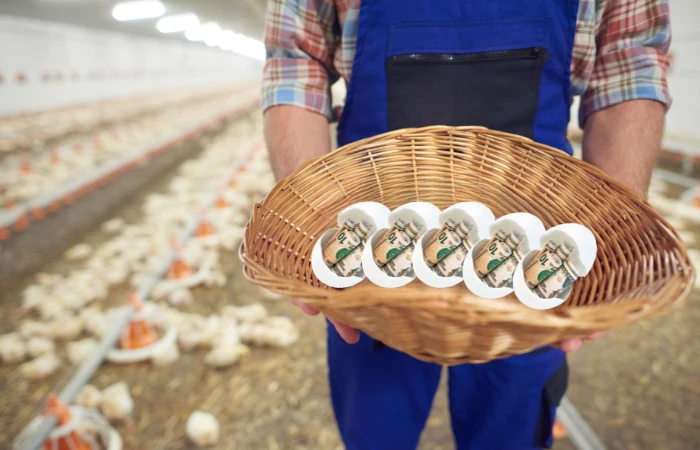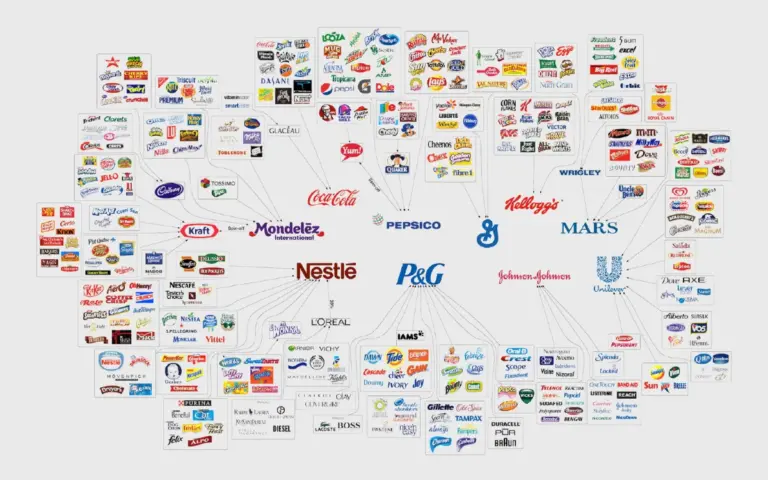In a landmark decision that marks the culmination of a decade-long legal battle, major US egg producers and trade groups have been found liable for conspiring to manipulate egg prices, dealing a significant blow to the industry’s reputation.
The lawsuit, initiated in 2011 by prominent food manufacturers including Kraft Foods, Kellogg, General Mills, and Nestlé, targeted Cal-Maine Foods, the nation’s largest egg producer, Rose Acre Farms, the second largest, as well as the trade groups United Egg Producers and United States Egg Marketers. The plaintiffs accused these entities of engaging in a systematic effort to reduce the supply of eggs, thereby artificially inflating prices.
Jury’s Findings
On November 21, a jury at the US District Court for the Northern District of Illinois ruled in favor of the plaintiffs. The jury found that from October 2004 to December 2008, these egg producers and trade groups indeed participated in a conspiracy that harmed the food companies. Key strategies identified in the conspiracy included reducing the nation’s hen population and increasing exports to diminish the domestic supply of eggs.
Interestingly, the jury didn’t find evidence of damages between 2009 and 2012, as claimed by the plaintiffs, potentially limiting the scope of the damages.
“We are incredibly pleased by the jury’s decision to hold egg producers Cal-Maine Foods and Rose Acre Farms accountable alongside United Egg Producers and United States Egg Marketers for conspiring to inflate the price of eggs,” Brandon Fox, an attorney representing the food manufacturers, said in a statement. “For the first time, the defendants have been held liable for their antitrust violations. We are now going to turn our attention to the damages phase.”
Shortly after the court ruling, Cal-Maine Foods issued the following statement:
“Approximately 20 years ago, Cal-Maine Foods, along with many other fresh egg producers in the United States, responded to growing demands from consumers and retailers to improve the overall treatment of egg laying hens. These programs were in line with other prevailing animal welfare laws across the protein industry and were not intended to restrict supply and affect prices. The programs were supported by our customers and form the basis of many state laws across the country today. While we are disappointed with the overall decision, we prevailed on a number of issues that we believe are important and should ultimately define this case. The plaintiffs alleged a conspiracy running from 1998-2008, with damages extending through 2012. The court and jury determined that any alleged damages would be limited to the period 2004-2008. The jury also rejected other key portions of the plaintiffs’ case that we believe should limit the plaintiffs’ damages request further.”

Damages Have Yet To Be Determined
The defendants, now held liable for their actions, are bracing for an upcoming trial on November 29 to determine the extent of damages owed to the food companies. Cal-Maine Foods, in a post-verdict statement, expressed disappointment but noted its partial success on certain issues. The company affirmed its commitment to vigorously contest the plaintiffs’ claims of purported damages and is considering options for appeal.
Broader Implications
More To Discover
- Fusion Milestone Achieved: Experiment Generates More Energy Than It Consumes
- World’s Tiniest Marine Mammal Faces Imminent Extinction In First Alert Issued By International Whaling Commission
- Iceland Plans To Drill Into The Heart of a Volcano for Limitless Geothermal Power
- Exposed: The Climate Benefits of Cookstove Carbon Offsets Have Been Overstated By 1,000%
This case comes amid heightened scrutiny over egg prices in the US. In January, Farm Action, an organization representing US farmers, urged the Federal Trade Commission (FTC) to investigate potential conspiracies among egg producers to keep prices artificially high. This latest verdict may add fuel to these concerns, casting a spotlight on pricing practices in the egg industry.
The outcome of this legal battle not only signifies a significant moment for the US egg industry but also highlights the ongoing tensions between agricultural producers and food manufacturers over market practices.
The case is Kraft Foods Global Inc. et al. v. United Egg Producers Inc. et al., Case No. 1:11-cv-880.




















